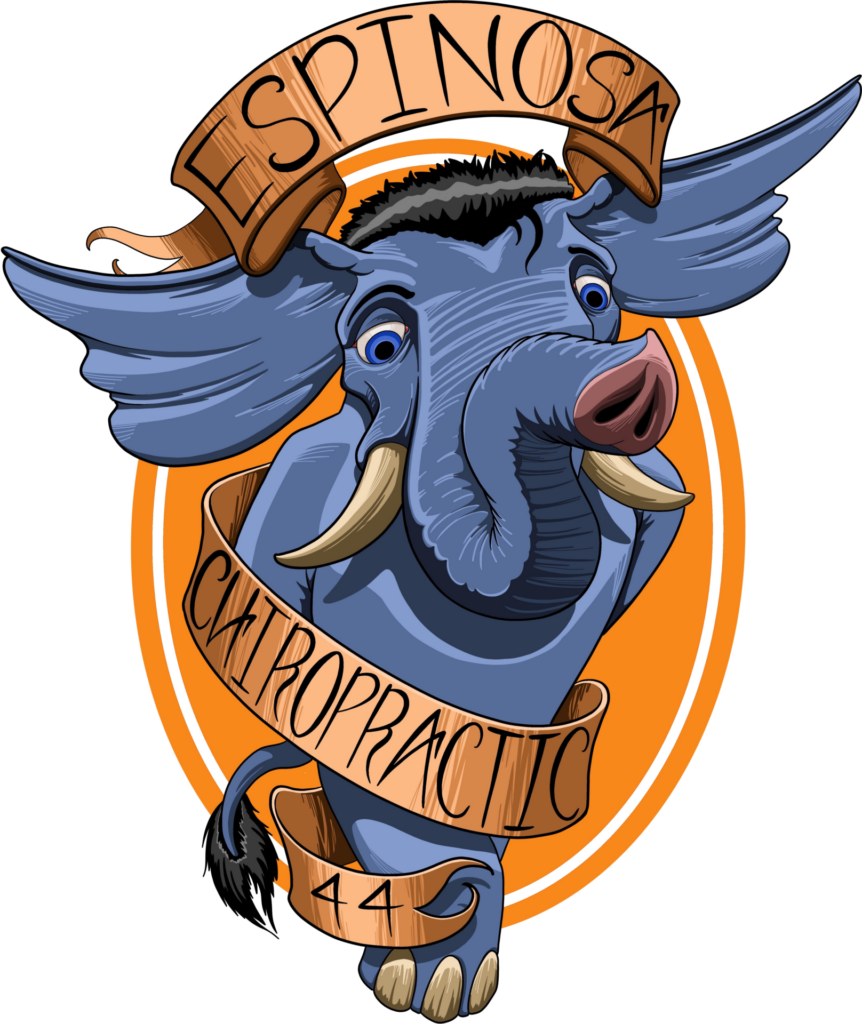
How to Lose that Hangry Feeling in the Morning
Breakfast for energy
There is quite a bit of debate regarding breakfast and its supposed role in weight loss vs. weight gain, its links to cardiovascular disease and its relative value to other meals. Foregoing this debate, we want to focus on one reason why breakfast is important: energy. For the busy professional, breakfast is indispensable.
Is any breakfast preferable to no breakfast?
More specifically, are the empty calories and sugar content of a doughnut worth the trade-off of energy that you may get out of it? Signs point to yes, as long as you aren’t making this a regular habit. If you are in a time crunch and have no recourse, a doughnut from the office dozen can still benefit you in terms of getting the metabolism moving and waking up your brain.
Breakfast made easy
Let’s focus on the elements of a hearty breakfast that will:
- Start your metabolism, helping you to burn calories throughout the day.
- Provide you with energy for the first half of the day.
- Balance blood sugar; the feeling of being ‘hangry’ usually comes from shortages in glucose in the blood that need to be replenished with a morning meal.
- Lower levels of stress hormones
- Take under 10 minutes for preparation and consumption.
Well it turns out there are many options!
- Oats and yogurt: oatmeal is a whole grain that contains complex carbs- your main energy source- and fiber which digests slowly and helps you feel satiated for longer. Yogurt contains healthy fats and proteins for added energy
- (Insert favorite nut here) butter and apple: fruit sugar plus the protein from nut butters, and this one takes no time to prep at all.
- Avocado on toast + egg: the most laborious process, but the healthy fats from the avocado, the carbs of the toast and protein of the egg will keep you going until lunch.
Going without breakfast is selling your body short! We can get the nutrients we need to fire up our brains in the morning with next to zero effort required. It’s time to start saying yes to breakfast.
Dr. Raymond Espinosa, D.C.
